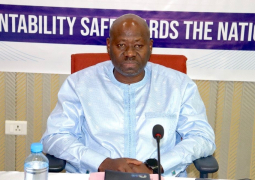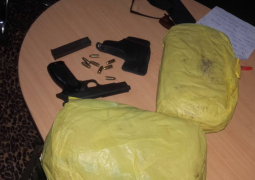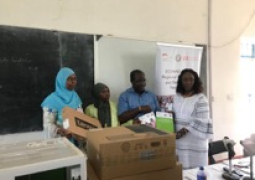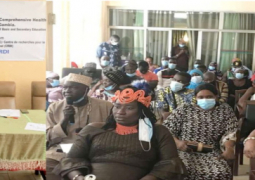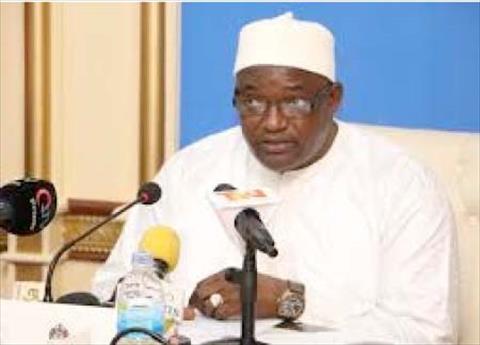
“I think today, we can proudly say we are one of the best democracies in the world, and that will not have happened if my government was not tolerant,” the Gambian leader said after casting his vote at MacCarthy Square in Banjul.
“We are very, very tolerant because we believe that it is the Gambian people who can put you in position. It is the Gambian people who can elect you; nobody can elect you. Even the president is not more powerful than you. That is why I have just cast my vote, but I cast one vote only. If there was no equality, I would cast more than one vote.
“So I think we should all appreciate that, and we should all nurture that. We should all be part of the people who consolidate our democracy moving forward. The moment we consolidate our democracy, we will be sure and we will be encouraged that we will develop this country.”
The president held that all the countries that are developed in the world are those which live in democracy and are peaceful.
“All the countries that are developed are the countries that are very peaceful. The most peaceful countries are the countries that have development. You don’t need to go to a marabout for a ‘listiharr’ [from Arabic word - Salat al-Istikhaara - meaning the prayer of seeking Allah’s guidance].”
“You just look around you; you will see the countries that are developed. They are all peaceful. So this country must be peaceful, and this is our country. We have no other in the world. This is the only country we have. To me, this is the best country in the world. This is the best place to live.
“So that has really encouraged me, and, really, I am very confident and happy that this country is moving forward. For the Gambian people, the sky is the limit. Personally and my government, we are committed to moving this country forward.
Equally, as he enjoined the electorate to exercise their civic duty by voting, the President reiterated the importance of councils, which he said manage affairs at the grassroots.
The President congratulated and thanked the various leaders of the opposition political parties, IEC officials, members of the security forces and agencies and the media for their key role.


